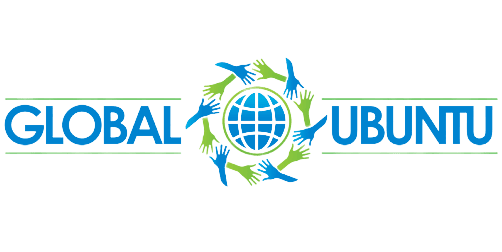Workplace Training and Coaching

Creating a Culture of Equity, and Belonging
Equity and Belonging are the Aims:
Global Ubuntu and Ubuntu Publishing collaborate to promote workplace equity and belonging, envisioning workplaces where people are excited to connect, learn, grow, and realize their potential. Together, we guide organizations on transformative journeys fueled by equity, creating meaningful, innovative, and sustainable workplaces that inspire hope and purpose.
Humans, as social beings, crave connection, acceptance, and trust, forming a sense of belonging foundational to survival. When workplaces and communities fail to ensure well-being, it hinders trust and deeper connections. Equity, defined by Merriam-Webster as “justice according to natural law or right,” means freedom from bias or favoritism. It's the responsibility of organizations to embrace equity and foster cultures of fairness, free from discrimination, racism, sexism, and prejudice. Such cultures enhance performance, fostering optimism and motivation among the workforces.
Through critical consciousness, learn to describe and engage critically with self, leadership, culture, and policy. We invite and support partners to engage critically as organizational trustees to create an environment where everyone is supported, can cultivate deep connections and relationships, and learn and practice behaviors that simultaneously support personal and business growth.
The following objectives and suggested outcomes are possible by providing five (5) days of in-person transformational partnership where we learn, create, and implement a process for business transformation. To sustain the transformation follow with extensive coaching for six (6) months to one (1) year and quarterly check-ins for up to three (3) years. Transformational Change Partners may change and/or choose additional outcomes.
We implement the Culture of DEIB transformation with the following goals:
- Personal and People-Centered Transformation: Learn, practice, and invest in building, trusting, and supporting environments that build healthy professional relationships and create a sense of belonging through introspection, reflexivity, mindfulness, and humanization.
- Leadership Transformation: Learn and create a process of leadership transformation by understanding and describing leadership style(s). Engage critically with present leadership types concerning power, privilege, and motives by asking “why.” Identify and decide on the necessary intervention to create a culture of DEIB by developing SMART goals.
- Workplace Culture Transformation: Learn and dream, plan, and implement a culture shift from divisive to uniting, from intolerance to tolerance. Create a sense of belonging by introducing attributes of the culture of DEIB.
- Policy Transformation: Develop and implement equitable policies and processes based on the culture of DEIB by assessing current policies and policy implementation.
- Implementation and Process of Transformation mean changing the mindset, culture, and unfair practices and identifying and analyzing the root cause of unfair systems and their impact on our culture, leadership, policies, and business processes.
Proposed Outcomes:
- People-centered business model to increase intrinsic motivation, innovation, productivity, sense of ownership and accountability, and transparency.
- Increase self-awareness and decrease biases.
- Increase understanding and practice of the value of the culture of DEIB
- Increase a sense of dignity, pride, growth, and belonging
- Increase fair hiring practices, wages, and promotion
- Decrease intolerance and increase tolerance
- Increase the equitable legacy of the business and its impact on society and the environment.
- Decrease harassment incidents and increase preventive measures for harassment.
